Last month’s agreement between Russian President Vladimir Putin and his Chinese counterpart Xi Jinping to cooperate in supporting each other’s territorial expansionist military agendas serves to warn that 2022 will be a dangerously challenging and consequential new year for America and our allies.
According to a formal statement from the Chinese Foreign Ministry, “China-Russia relations have emerged from all kinds of tests to demonstrate new vitality… Russia will be the most staunch supporter of the Chinese government’s legitimate position on Taiwan-related issues.”
On the Russian side, President Putin, who has called the collapse of the Soviet Union “the greatest geopolitical catastrophe of the 20th century,” wants Beijing’s noninterference in reversing that circumstance.
As a sequel to his country’s 2014 seizure of the Crimean Peninsula and covert invasions of eastern regions of Ukraine, Russia has recently amassed a significant buildup of troops near the Ukraine border to complete the takeover.
Added threats posed to America and our allies through collaborations of these two adversarial powers must be taken very seriously.
Moscow surged its supply of military equipment to Beijing after seizing Crimea, and since then, Russian and Chinese warplanes have continually intruded on South Korean airspace since 2019. They staged a joint naval military demonstration in the Sea of Japan in October.
The situation becomes even far more dangerous for the world as Russia and China include (and leverage) Iran in their mutual teaming agendas.
Russia and China have been giving Iran crucial support as Tehran fights U.S.-led sanctions against its nuclear program through the Joint Comprehensive Plan of Action (JCPOA), more broadly known as the “Iran nuclear deal.” President Trump prudently terminated JCPOA, and the Biden administration desperately wants to have it reinstated as a featured foreign policy goal.
As a partner in the multilateral talks with Iran over its nuclear weapons agenda, Russia has consistently sought to prevent the United States from imposing serious restraints on these programs.
On October 21, Physicist Davis Albright, America’s preeminent expert on Iran’s nuclear weapons progress, told a forum hosted by the Endowment for Middle East Truth: “Worst case, in one month Iran can make enough enriched uranium for a bomb, and in five or six months enough for several.”
Iran has reportedly already advanced their uranium enrichment to 60% — close to a 90% threshold required for weapons-grade material — while outside inspectors weren’t allowed to check on them.
It is beyond foolhardy to imagine that Iran will rewind their nuclear ambitions and regional exploits in exchange for already unenforced inspection requirements and temporary U.S. sanction relief that very well may again be terminated by the next American president.
In any case, there is no way to return to the 2015 JCPOA status quo because Iran has already enriched its uranium far too much since then.
Beijing has been openly buying Iranian oil in defiance of U.S. sanctions, and the Biden administration doesn’t seem to care.
In addition, Russia has long been a supplier of nuclear and missile technology to Tehran and conducts military operations with Iran’s Islamic Revolutionary Guard Corps in Syria.
This is not to suggest that everything between Russia and China is a rosy or uncomplicated relationship.
Notwithstanding Putin’s 2021 statement that “Russia-China relations have reached their highest level in history,” the two countries hold long-standing distrust and enmity, including deadly border conflicts that led China and the Soviet Union to the brink of war in 1969.
As Alexander Gabuev, a senior fellow and Sinologist at the Carnegie Moscow Center, observes, it is “a deepening strategic partnership with expanding security and economic ties … It’s mutually beneficial, but it’s increasingly asymmetric, with Russia needing China increasingly more than the other way around, and that gives China additional leverage.”
Gabuev added, however, that “China and Russia are an exact match made in heaven in terms of economic structures. Russia has an abundance of natural resources — oil, gas, metals, fertilizers, foodstuff — and it needs capital, and it needs foreign technology. China is exactly the opposite: It needs natural resources to fuel its growth. It has cutting-edge technology. It has a surplus of capital.”
On balance, both countries benefit from closer relationships. China increasingly relies on Russian oil and gas to feed its energy-hungry consumers and factories while propping up Russia’s sagging economy.
Both countries also stand to gain enormously by pushing on different fronts simultaneously in hopes of sapping American power and global credibility. Russia’s military provocations in Ukraine draw U.S. focus away from China’s in Taiwan, making it more likely that either or both may calculate that this makes for good mutual opportunities to push territorial ambitions.
Accordingly, strategic threats presented by this tightening alliance among America’s two most formidable geopolitical competitors are both emboldened and amplified by obviously weak and confused U.S. leadership.
America’s allies and adversaries have witnessed the Biden administration’s feckless grant of permission to Russia to complete its Nord Stream 2 natural gas pipeline to Germany; disastrous Afghanistan withdrawal that abandoned its strategic Bagram Air Base to China; and pathetically desperate attempts to bring Iran Mullahs back to the nuclear negotiating table.
Meanwhile, with Russian and Chinese support and de facto protection, Tehran is escalating terror attacks in the region, reportedly including an October drone attack on a U.S. base in Syria and a November Iran-backed militia attempt to kill Iraq’s prime minister.
Whereas no one can confidently predict if, how, or when the world will get through this perilous time, one forecast is certain.
Fully expect that Moscow and Beijing, in combination with economic and military trade alliances with Tehran, will continue to aggressively leverage combined powers to test America’s all-crucial global leadership.









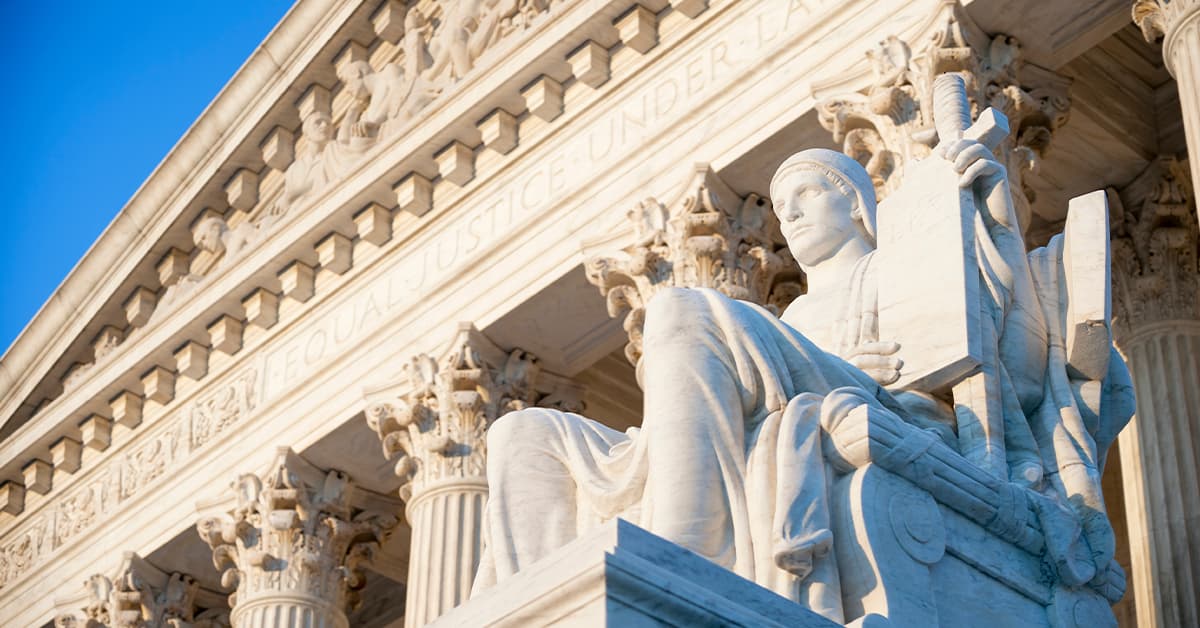
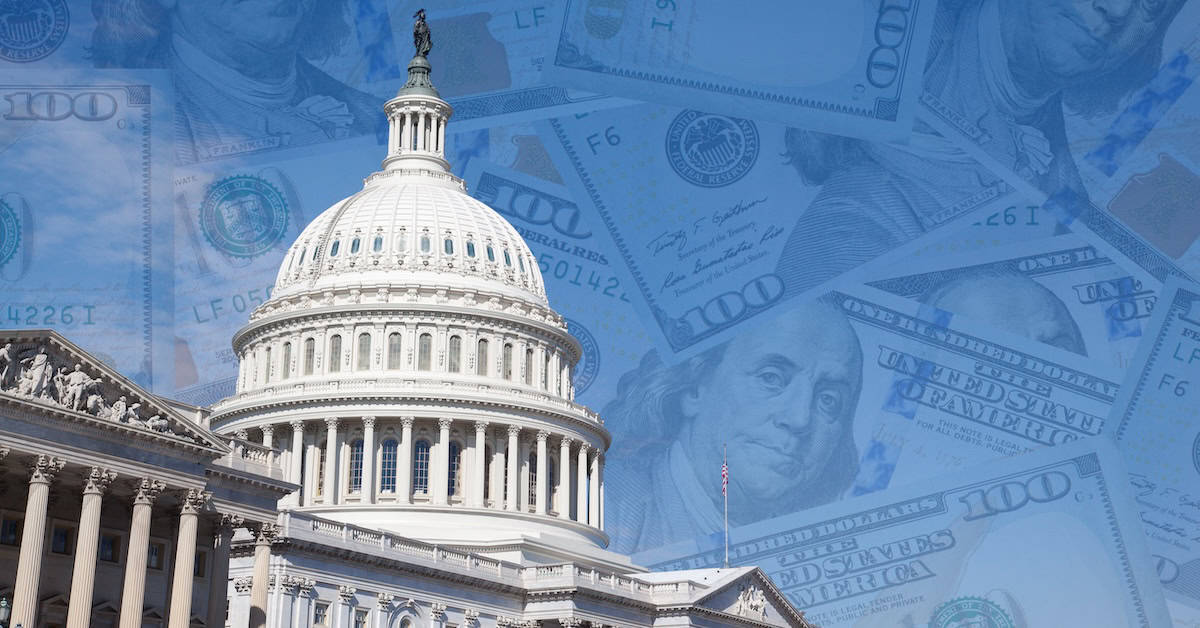

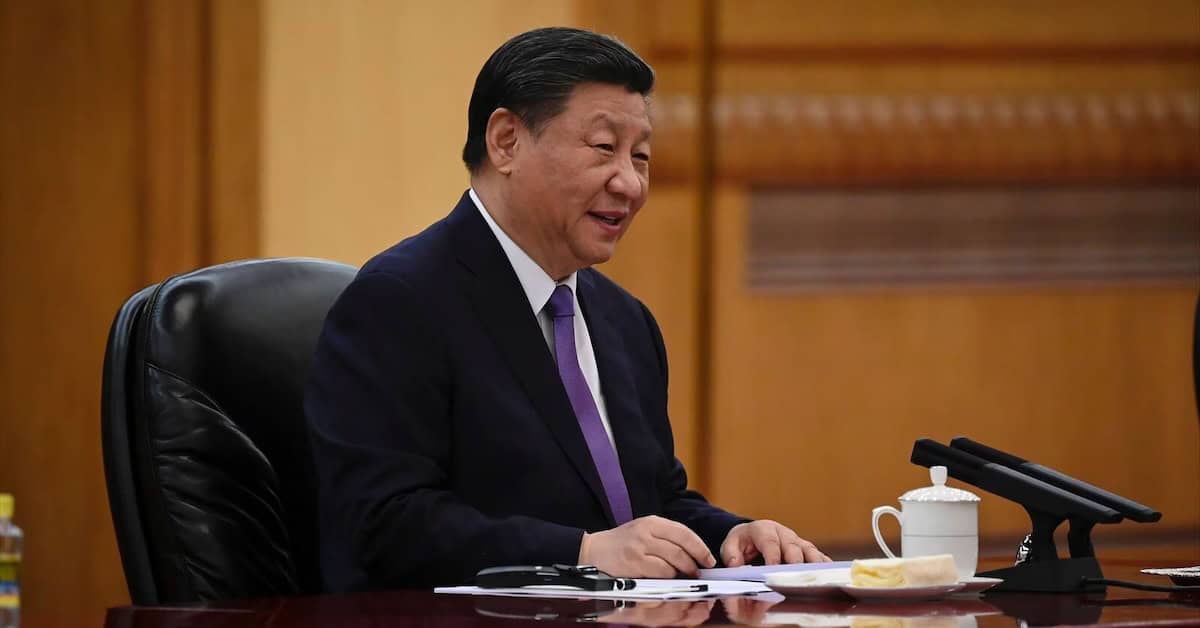



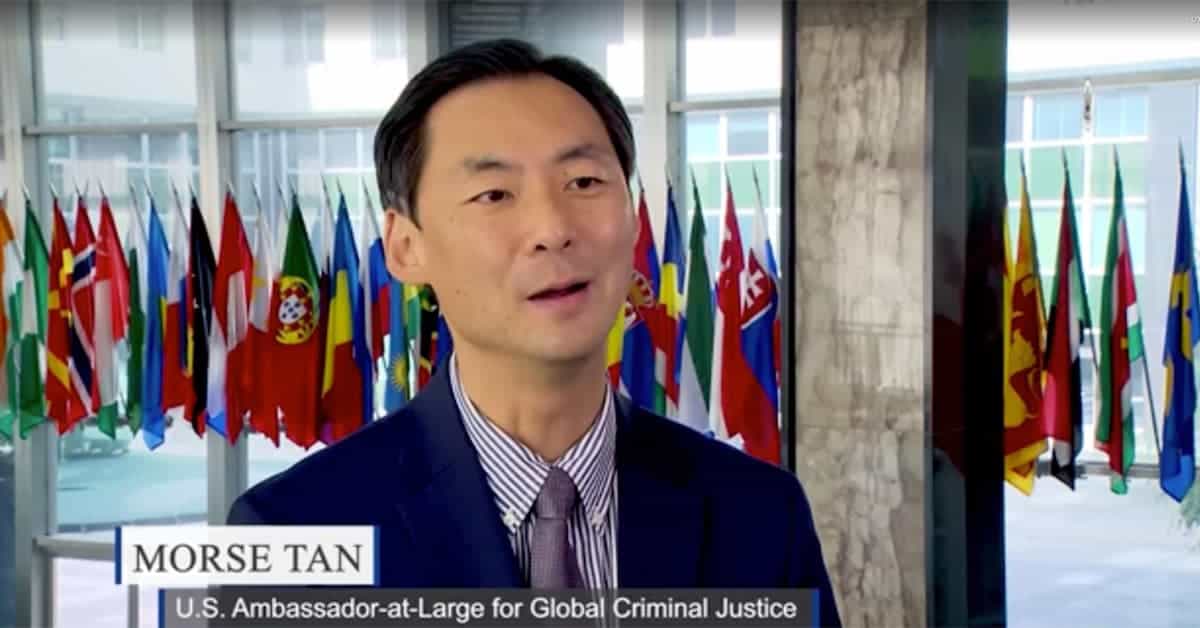

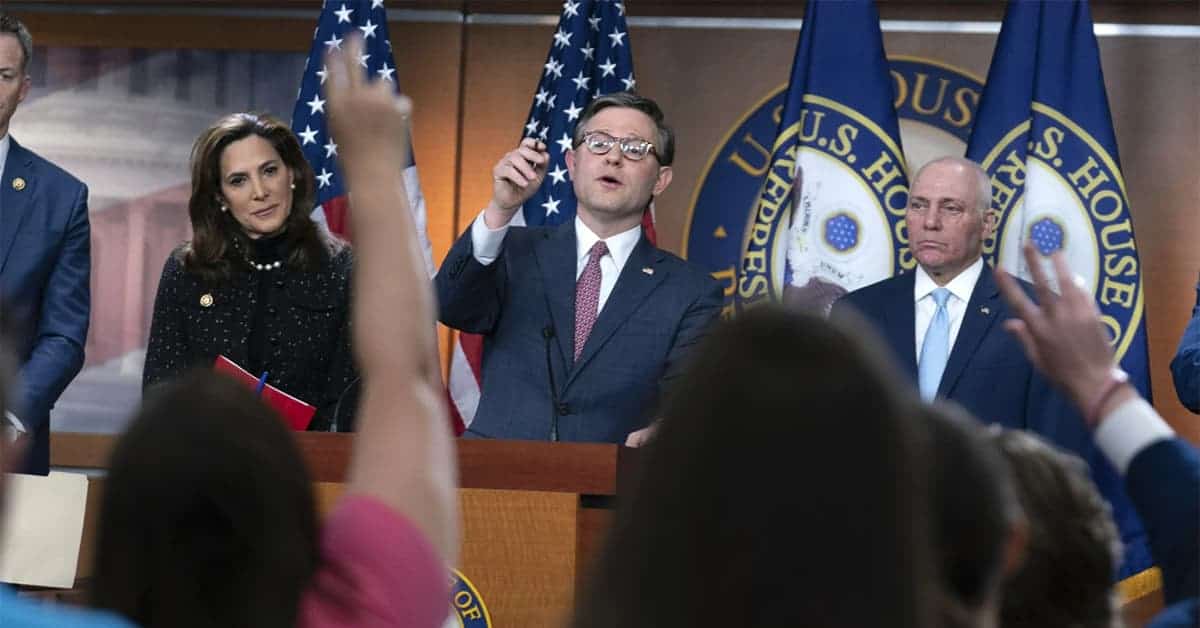




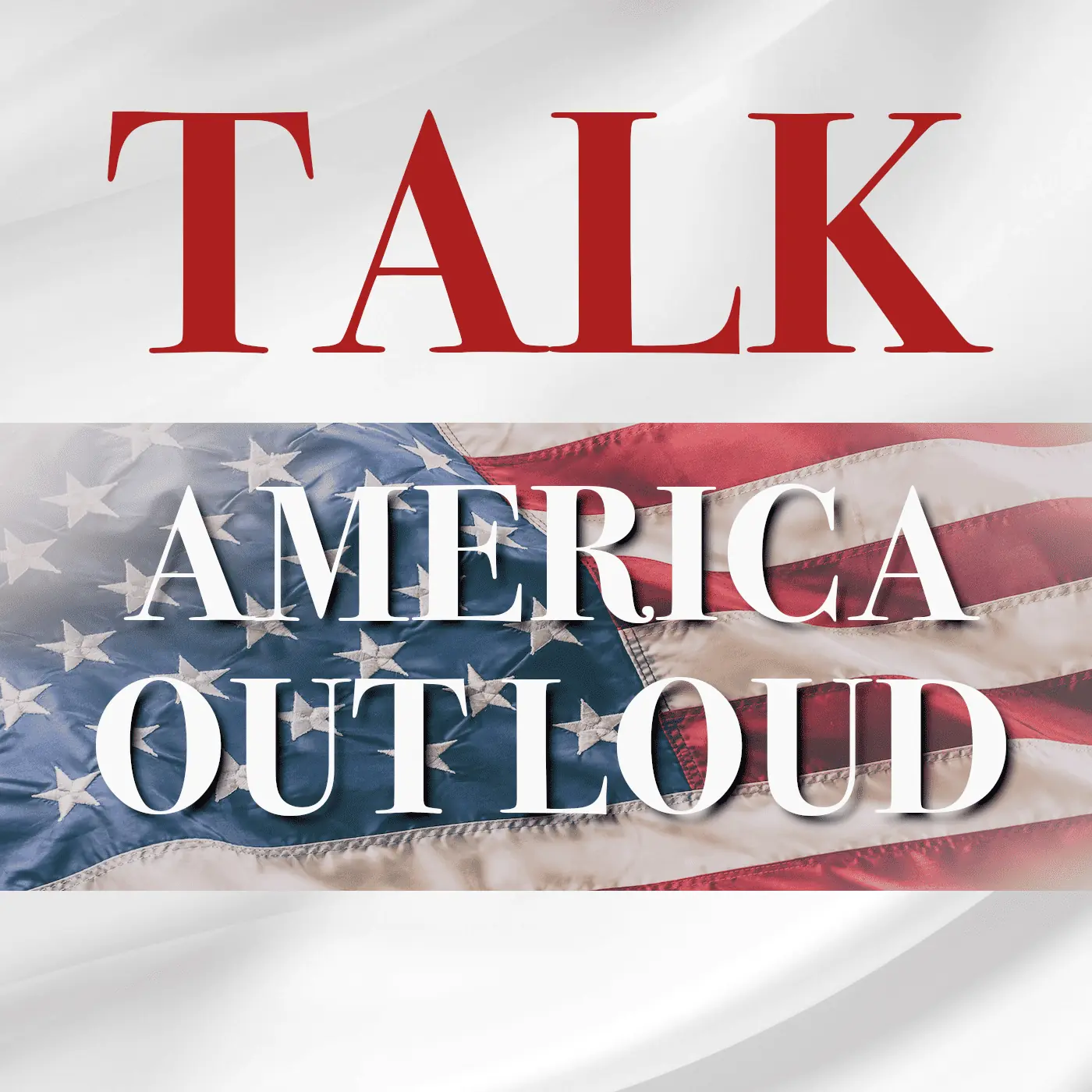

After 30 years in the military, I wrote ‘fiction’ novel series outlining what I consider the Big Four Alliance– China, Russia, Iran and Turkey. In the plot, America and allies (mostly Israel and the Kurds) attack these four belligerents at various ethnic or economic friction points to drive a wedge in the alliance. It is massively footnoted with real data form several sources, yet it is still fiction. Under Mike Bennett, the Warlock Series is found on Amazon…it directly parallels this excellent article, at least in scope.